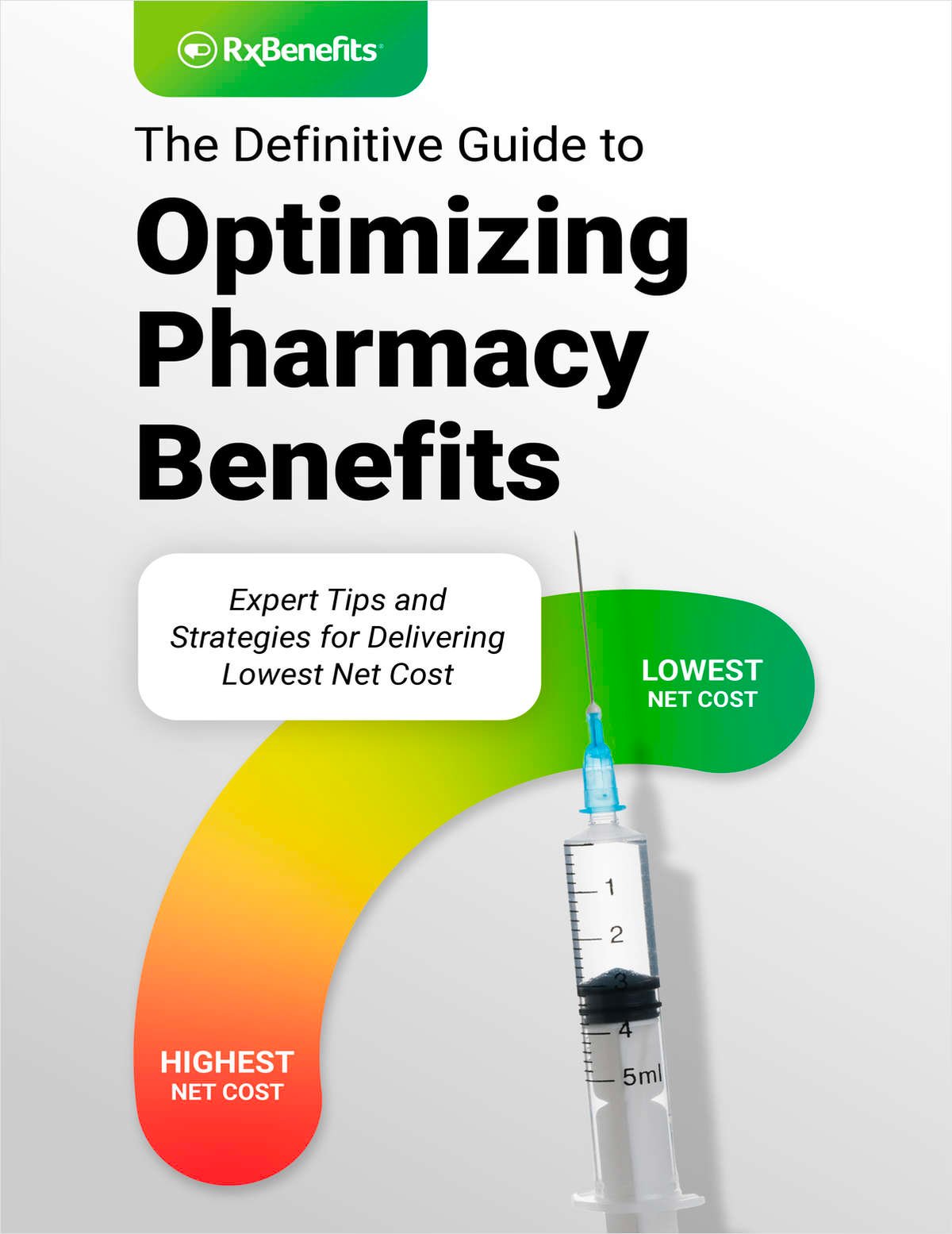 Michael Kitces
Michael Kitces
Advisors will have to determine what they are best at in their business or they will go the way of travel agents who thought they would survive by relationships with customers when the internet disrupted the business.
The reality, said Michael Kitces in his keynote presentation at the Envestnet Summit in Austin, Texas, is the 50% of travel agents who integrated technology saw their business grow 300% on average while the other 50% closed shop.
Kitces' point was that integrating technology through the ages has helped grow businesses — for those who adapted — and for advisors to survive this disruption, they need to do the same and embrace technology to grow their business. He noted five trends he saw:
- Technology has and will continue to reshape the business, which is why the commission vs. fee debate still rages, although most managers are moving to a fee-based structure. “It's hard to ask for 1% of AUM when a client can do what they [advisors] do in two mouse clicks,” said Kitces.
- The Great Convergence. Stock “jobbers” were separate from RIAs, but that changed, especially as the now-defunct Labor fiduciary rule determined that the term “fiduciary” meant all played by same rules. Although that was shelved, the convergence continues globally. “Regulation is not the cause, it's the effect,” Kitces said. “Technology was the cause and drove us to a new business model.”
- Crises of differentiation. Using various sources, Kitces' estimation showed only 21 clients (realistically) per financial advisor going forward. This means advisors will have to differentiate in a way that puts them first in a Google search. “We're not feeling the pain yet,” Kitces said.
- New business models. Kitces told the audience that he really hasn't heard complaints about the AUM percentage model; that said, he says the new business model will be 1% of income.
- Client experience: “Eventually, the courts will see we all give advice and are all fiduciaries,” Kitces predicted. He said “it's not just differentiation, but what are you best at?” that will set advisors apart.
Further, investors will expect an “experience model” that takes the meeting or usage of advisors to the next level, and not be today's semiannual visit that can introduce strife.
He related how the “Build-A-Bear” experience is what people buy. That is, instead of just buying a teddy bear, they personalize and watch it being done; instead of a $10 bear, it's a two-hour experience for a $100 bear.
The client experience with advisors needs to be a good one because that's what clients will expect.
Again, coming up on top of a Google search will be key. Advisors must think forward, and like those travel agents who adopted technology into their business, they will have to do the same to help them thrive.
“What do you want your biz model to be in future?” he said. “That's an opportunity.”
READ MORE:
Complete your profile to continue reading and get FREE access to BenefitsPRO, part of your ALM digital membership.
Your access to unlimited BenefitsPRO content isn’t changing.
Once you are an ALM digital member, you’ll receive:
- Breaking benefits news and analysis, on-site and via our newsletters and custom alerts
- Educational webcasts, white papers, and ebooks from industry thought leaders
- Critical converage of the property casualty insurance and financial advisory markets on our other ALM sites, PropertyCasualty360 and ThinkAdvisor
Already have an account? Sign In Now
© 2024 ALM Global, LLC, All Rights Reserved. Request academic re-use from www.copyright.com. All other uses, submit a request to [email protected]. For more information visit Asset & Logo Licensing.








